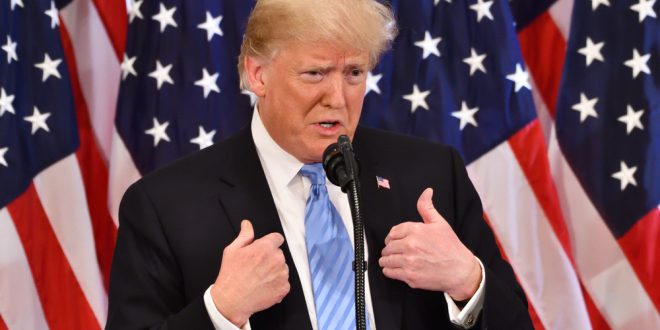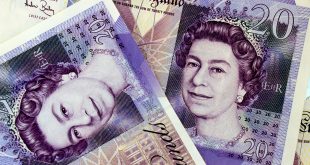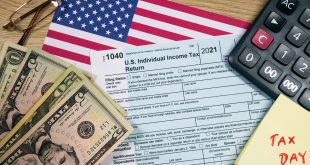The US House prepares to vote on President Donald Trump’s “One Big Beautiful Bill Act,” a sprawling tax and budget package set to add $3 trillion to $4 trillion to the $36 trillion US deficit over a decade. Despite internal Republican dissent, the bill’s hefty tax breaks and spending hikes threaten fiscal stability, fueling market unease. Experts warn that Congress and the Federal Reserve, led by Chair Jerome Powell, must curb reckless spending to avoid a debt crisis, but political gridlock looms large.
Bill’s Scale Sparks Fiscal Alarm
The Congressional Budget Office projects the bill will inflate deficits by $3 trillion to $4 trillion, exacerbating the US’s fiscal woes after Moody’s downgraded its credit rating to Aa1 on May 16. Offering tax deductions for individuals earning up to $500,000 annually, the package aims to appease Republican hardliners but contradicts the party’s deficit-reduction rhetoric. The 2011 debt ceiling debacle, which shook markets and spiked yields, underscores the danger of unchecked borrowing. Experts argue Congress must prioritize fiscal discipline, warning that ballooning debt could drive up capital costs and erode investor trust.
Political Tensions Threaten Passage
Republican infighting nearly derailed the bill, with some lawmakers decrying insufficient cuts to programs like Medicaid, while others criticized its deficit-bloating scale. The House Budget Committee secured a slim majority by expanding tax breaks, setting the stage for a Thursday vote. If passed, the Senate awaits for further tweaks before Trump’s final signature. The 2017 Tax Cuts and Jobs Act, which added $1.9 trillion to deficits, shows how tax-driven spending can backfire, raising inflation and interest rates. Experts urge lawmakers to scale back giveaways, emphasizing sustainable budgeting to avoid long-term economic strain.
Fed Faces Tough Choices
The bill’s passage could pressure Powell to keep rates at 4.25%-4.50% to combat inflation risks, with consumer prices already projected to exceed the Fed’s 2% target through 2027. Upcoming Flash PMIs and Jobless Claims data will test market resilience. A weak economy, growing at just 1.4% in 2025 per recent forecasts, demands cautious policy. Experts argue the Fed should signal tighter oversight to counter deficit-driven inflation, learning from 2022’s rate hikes that cooled prices but slowed growth. Opponents of high rates warn of recession risks, urging targeted spending cuts instead.
According to experts, Congress must trim the bill’s excesses, and Powell should maintain data-driven clarity to stabilize markets. The bill’s passage risks repeating past fiscal missteps, like the 2008 stimulus that inflated deficits without lasting growth. Investors should brace for volatility, hedging with safe-haven assets like gold. A balanced approach—pairing modest tax relief with spending restraint—is critical, experts say, to prevent a debt-fueled crisis that could ripple globally.

 Noor Trends News, Technical Analysis, Educational Tools and Recommendations
Noor Trends News, Technical Analysis, Educational Tools and Recommendations




